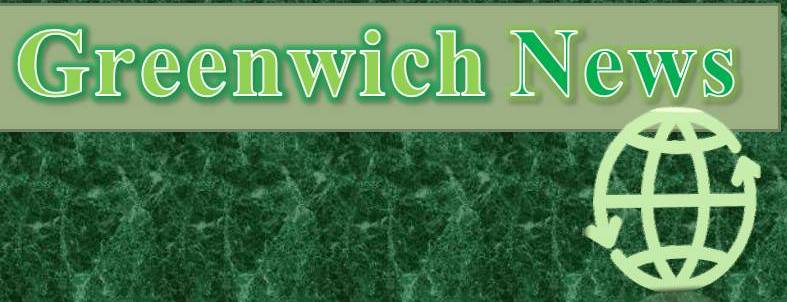Tuesday, 7 August 2012
Kogi Deeper Life Church Attack : Death Toll Rises to 19
The death toll in the church massacre in Nigeria’s central state of Kogi state has increased to 19, according to the police.
Last night, unidentified gunmen stormed the Deeper Life Church in Okene, during a service, killing 15 people on the spot and leaving many other worshippers injured.
One of the worshippers died on the way to hospital in Lokoja last night, while another three died today.
Kogi state, southwest of the capital Abuja and the scene of the latest violence, has not been hit particularly hard by the Islamists, although members of the group are believed to have come from the ethnically diverse area.
In mid-July, a bomb went off near another church in Okene, but caused no casualties, while in April, the JTF said it had discovered a Boko Haram bomb making factory in Kogi, in the town of Ogaminana.
“The attack was at 8:20 pm yesterday night. The attack was from unknown gunmen at the Deeper Life Church,” said Lt. Col. Gabriel Olorunyomi, head of a military task force in Kogi.
“They were doing their normal Monday evening service. When we went there we discovered the church had been attacked. Instantly we saw 15 people dead, including the pastor,” he explained.
The military has since learned that an additional four people had died from their injuries, Olorunyomi explained.
The National Emergency Management Agency’s central region chief, Ishaya Chonoko, said several people were also injured in the raid and that rescue workers were at the site.
There was no immediate claim of responsibility and Kogi state police spokesman Simon Ile told AFP there were no early indications as to the culprits.
“They entered the church…they just opened fire and they went away. We don’t know their motives yet,” he said.
While Muslims have often been its victims, Boko Haram, which has said it wants to create an Islamic state in northern Nigeria, has increasingly attacked Christians, often during church services.
In addition to churches, Boko Haram has also targeted Muslim figures as well as a range of others, including the United Nations building in the capital Abuja.
President Goodluck Jonathan said in June that Boko Haram was seeking to incite a religious crisis by attacking churches in an attempt to destabilise the government.
Jonathan described how the group had moved from targeting local rivals to government institutions and now churches.
In a video posted to YouTube on Saturday, the leader of Boko Haram criticised Jonathan as well as US President Barack Obama over Washington’s decision to label him a “global terrorist”.
It was unclear when the video was made, but it marked the first time Abubakar Shekau publicly addressed the terrorist designation slapped on him by the United States in June.
In addition to Shekau, the US State Department also announced the designations for Abubakar Adam Kambar and Khalid al-Barnawi. Kambar and Barnawi were said to be linked to Boko Haram and Al-Qaeda in the Islamic Maghreb (AQIM), Al-Qaeda’s north African branch.
Some US lawmakers and the leader of Nigeria’s main Christian body have been pushing Obama’s administration to label Boko Haram as a whole a terrorist organisation.
American diplomats have stressed that the group remains domestically focused, with deep poverty in Nigeria’s north a main factor in its emergence. They have argued that labeling it a terrorist organisation would simply boost its profile and possibly complicate efforts to resolve the crisis.
Addressing US lawmakers last month, Ayo Oritsejafor, president of the Christian Association of Nigeria, claimed that Boko Haram sought the “removal of the Christian presence in Nigeria.”
Subscribe to:
Post Comments (Atom)


No comments:
Post a Comment